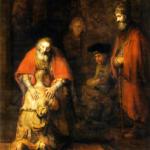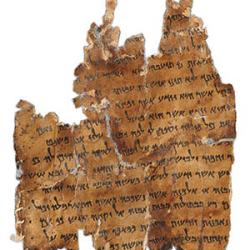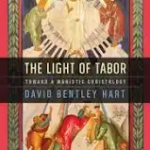It’s a rarity when I movie gets a do over, but Dune is one such movie. Perhaps you know the original film with Sting and Patrick Stewart from 1984, but it was a one off without sequels, whereas this version from the hands of Denis Villeneuve is not finished, even after two huge episodes, but then the original novels by Frank Herbert in 1964-66 were a series as well. Herbert, who died in the 80s, I think would approve of... Read more
















